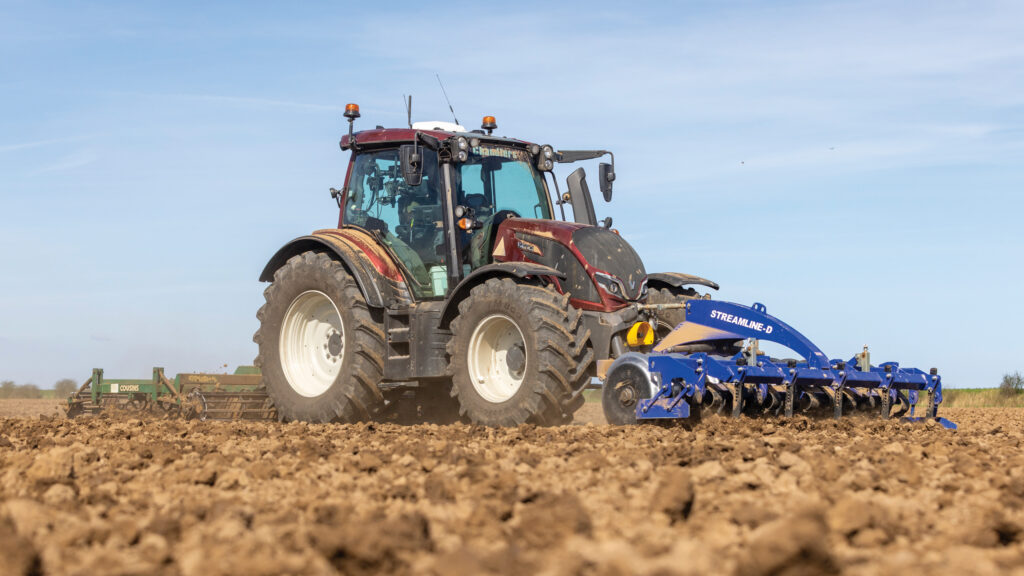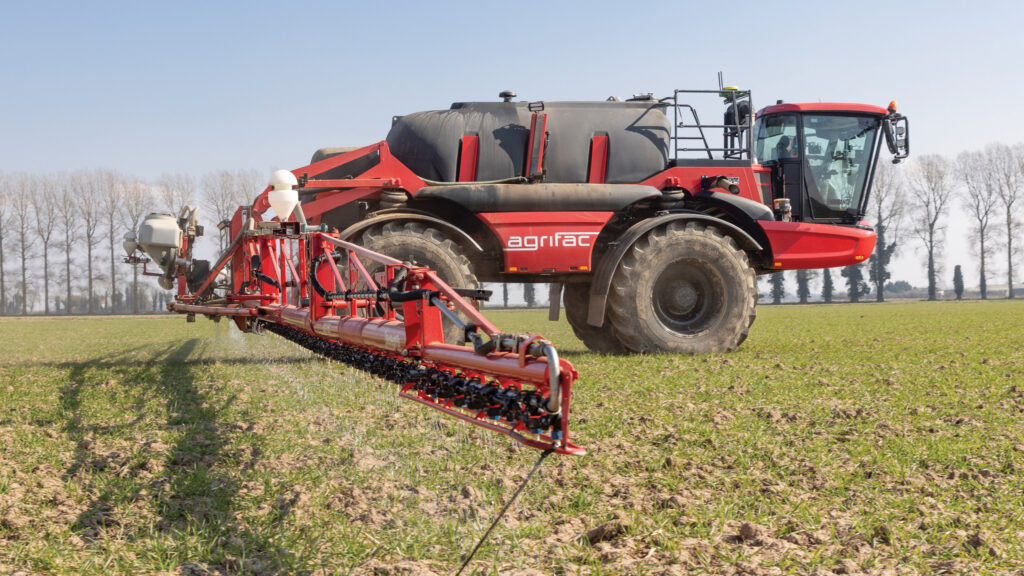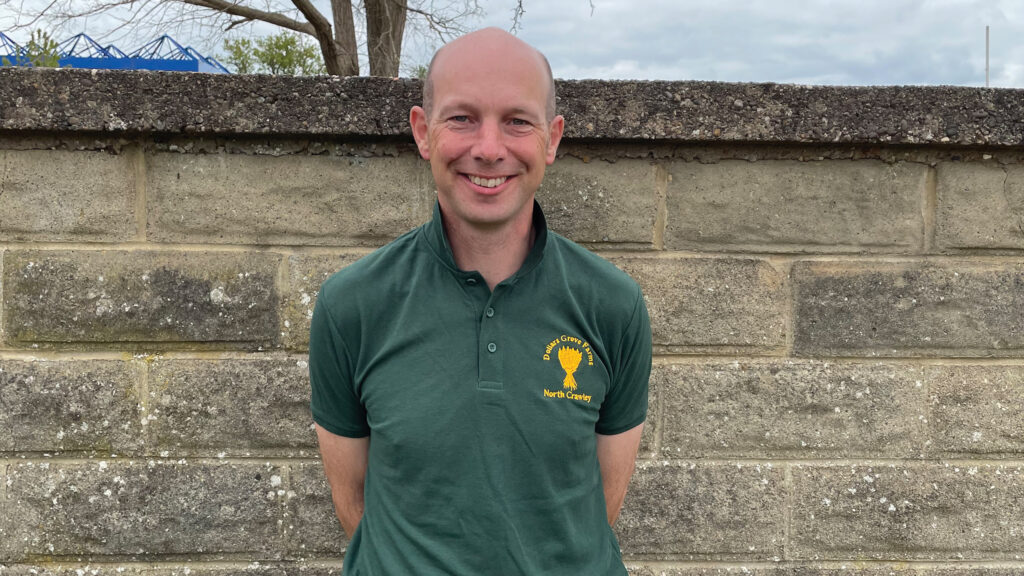Advice on personal resilience for arable farmers
 © GNP
© GNP The constant challenges of farming are nothing new. But with the political and economic uncertainty of recent times, many farmers are coping with heightened anxiety and stress.
Personal resilience – keeping a positive mindset and a can-do attitude – has therefore never been more important.
See also: Why one Essex arable farm faces difficult decisions in 2025
Rethinking your relationship with time may help in the current climate, suggests farmer, podcaster and consultant Michael Blanche.
He believes that how farmers perceive, use and manage their time is important to their success, as well as to their health.
“Farmers are busy,” he says. “They can also be their own worst critics, despite being the biggest asset on their farms.”
He points out that arable farmers have more downtime in the winter and asks what is being done with it.
“Do a deal with yourself and aim to spend up to 25 minutes each day on a task that you’ve been avoiding, such as paperwork.
“Doing one small thing each day can make a difference. It takes persistence to get to a better place.”
Another recommendation is to make a list of three-hour jobs that never get done and then set aside three hours each week to complete one.
“Fix what bugs you. Walk around the farm and note the things that annoy you – infrastructure is not a cost.”
Stress
While stress can be productive and performance enhancing, it can also have negative effects on your health:
- Cognitive Memory problems, concentration issues, poor judgement
- Behavioural Sleep disruption, nervous habits, eating more/less, isolating yourself
- Emotional Bad mood, feeling overwhelmed, depression, isolation
- Physical Aches and pains, nausea, dizziness, rapid heartbeat.
For help and to talk things over, whether personal or business related, contact the Farming Community Network in confidence on 03000 111 999 or help@fcn.org.uk
Michael outlines four key concepts related to time and how it applies to farms.
1. Perspective – how long have you got to get where you want to be?
Using time wisely can make a big difference – saving just five minutes a day results in an extra 30 hours a year.
Small changes come from changing how things are done, but big changes are made by changing the way things are seen, explains Michael, who notes that having organisation and order in place means that time is saved daily.
2. Purpose – are you clear on your true purpose?
Highly effective people tend to exhibit the same habits, he continues.
“Knowing what your goals are allows you to prioritise the tasks that will help you on your way.”
He says that making a long list of priorities and then crossing most of them out helps to bring focus.
“It’s about checking that you are doing the right things, rather than how they are being done.”
Improving mental management
To help manage mental load, the Farming Community Network advises the following:
- Exercise
- Make a list
- Talk to someone
- Look after yourself
- Take a break
- Try mindfulness.
3. Patterns – do you keep repeating the same behaviour?
Nothing is permanent about behaviour patterns except belief that they are so, notes Michael.
“Do you procrastinate a lot or do you get things done? Are you chaotic or well organised?”
He highlights the difference between being disorganised and having focus, suggesting that using the time to get organised brings benefits later.
“To put it another way, plant once and harvest forever.”
4. Priority – what are your priorities?
Knowing what business activities are bringing the greatest rewards is key; or applying the 80:20 rule – which means that 80% of results come from 20% of efforts.
“How we apply that in farming is interesting and we often hear the busy fool and hamster wheel analogies used,” says Michael.
Parkinson’s Law, or the idea that work expands to fill the time allotted to it, means techniques such as time blocking, setting deadlines and working in focused sections with short breaks may help.
“A standard work week may not be a reality in farming, but it is possible to get close to it.”

© GNP
Case study: Will MacLennan, Dollars Grove Farm, North Crawley
Building resilience has always been important to farm manager and AHDB Monitor Farm host Will MacLennan, who has taken the time in recent years to address his personal development.
Optimism and self-belief are important, especially at a time of so much anxiety and tension in the industry, he says.
“Farming is going through a hard time right now, and we are all having to dig deep.”
Self-development can be seen as a fluffy subject, he admits. “The most important thing in your business is you. The famous quote – until you value yourself you will not value your time, until you value your time, you will not do anything with it – is true.”
Will accepts that it can be difficult to find the resources to invest in yourself but points out that personal development can boost self-belief, create a willingness to adapt and be flexible, help to solve problems, improve support networks and develop your sense of humour.
“We hear the saying – the better you become, the less time it takes for you to achieve your goals – and it’s true, whether that’s in your personal life or to do with the farming business.
“My experience supports the theory that building your own resilience creates resilience in your business.”

Will MacLennan © AHDB
Reading
Will reads extensively and has two recommendations for others – Stand Up Straight: 10 Life Lessons by Paul Nanson and Make Your Bed: 7 lessons by William McRaven – both written by former military officers and containing transformative advice.
Good signposts and advice can come from podcasts, he suggests, by listening to the lives and experiences of others.
He also recommends finding a mentor – someone who can help with both personal and business issues – and highlights the importance of getting a good night’s sleep, something he is still working on.
“There are lots of ways to invest in yourself, from making dietary changes to taking more exercise,” he says. “They can seem very obvious, but it’s all too easy to lose sight of them when you’re very busy or stressed.”
AHDB Monitor Farm
Will is coming to the end of his three-year term as the host of the AHDB Buckinghamshire and Bedfordshire Monitor Farm – a role which has also contributed to his personal development.
Standing up in front of a room of farmers and opening up his farming business to the scrutiny of others has been a good experience, he comments, with the two-way flow of information being helpful.
“We make more progress by being challenged. It has encouraged me to look at different ways of doing things.”
His tenure has come at a time of unprecedented change in farming, with the loss of the Basic Payment Scheme and introduction of new farming policy, as well as increased market volatility.
A gradual move to a new farming system at Dollars Grove Farm, with regenerative principles being applied where appropriate, is going according to plan.
Taking part in the Monitor Farm programme has given him confidence to experiment more and try new ideas and methods on the farm.
“We’ve learned from successes and failures – we are doing more direct drilling without a loss of yield,” he reports.
“We’ve changed seed dressings, reduced compaction on headlands, improved nutrient use efficiency and are trying to reduce our reliance on chemicals.”
As a farm manager, Will also recognises the role of a supportive boss.
“I would like to thank mine. Everyone should think about how they can improve and what help they will need to move to a growth mindset.”
